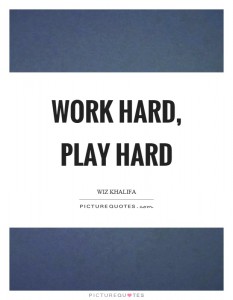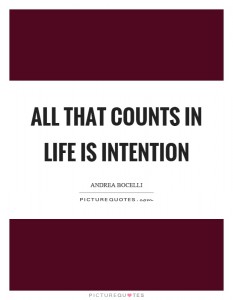We all have off days. As a musician, this can be translated as those days when picking up an instrument in order to  work on the next challenging piece or to improve our technique feels so far away from what we want to do (ie. the sofa seems just that bit more appealing). My thoughts turned to this after reading a blog post on parenting this week which highlights the stigma that parents feel when they too just long for a day off. Should we as musicians feel stigmatised when we just don’t want to practice and is there anything we can do about it?
work on the next challenging piece or to improve our technique feels so far away from what we want to do (ie. the sofa seems just that bit more appealing). My thoughts turned to this after reading a blog post on parenting this week which highlights the stigma that parents feel when they too just long for a day off. Should we as musicians feel stigmatised when we just don’t want to practice and is there anything we can do about it?
Practising an instrument, like parenting, is a real challenge. It requires constant focus, physical and mental energy and an ability to envision which expressive qualities the music requires whilst working out how to achieve them. It is not something that can be carried out any time and any place, indeed it requires a certain set of conditions to present in order for it to be productive. And that’s not forgetting that practice is just that. It is a process, a means to an end, and one which needs to be repeated over and over in order to gain enough knowledge and control to enable us to recreate sounds at will.
So it is not always appropriate to practice. But when it’s not, is that it? Should we just stop and give in to the sofa and render ourselves unproductive? When we are truly exhausted yes, but perhaps not every time. For if our practice time is used in the way it should be, there must be room for time when we can simply play. Time when we pull out those pieces that we have already gotten to grips with which bring us the most pleasure, maybe some that we haven’t shaken the dust off for a long time, and just play. For it is in doing this that we not only remember why we strive to meet the next challenge that we practise for in the first place, but we are probably at our most creative, free from the worries of technical challenges and able to express fully what the music means to us.
So the next time that the sofa calls, be sure to pause and ask yourself ‘do I simply want to play?’ instead. You may have just asked yourself a question which not only saves you from the clutches of sofa but more importantly helps you to take your playing to the level that you’re striving for.


